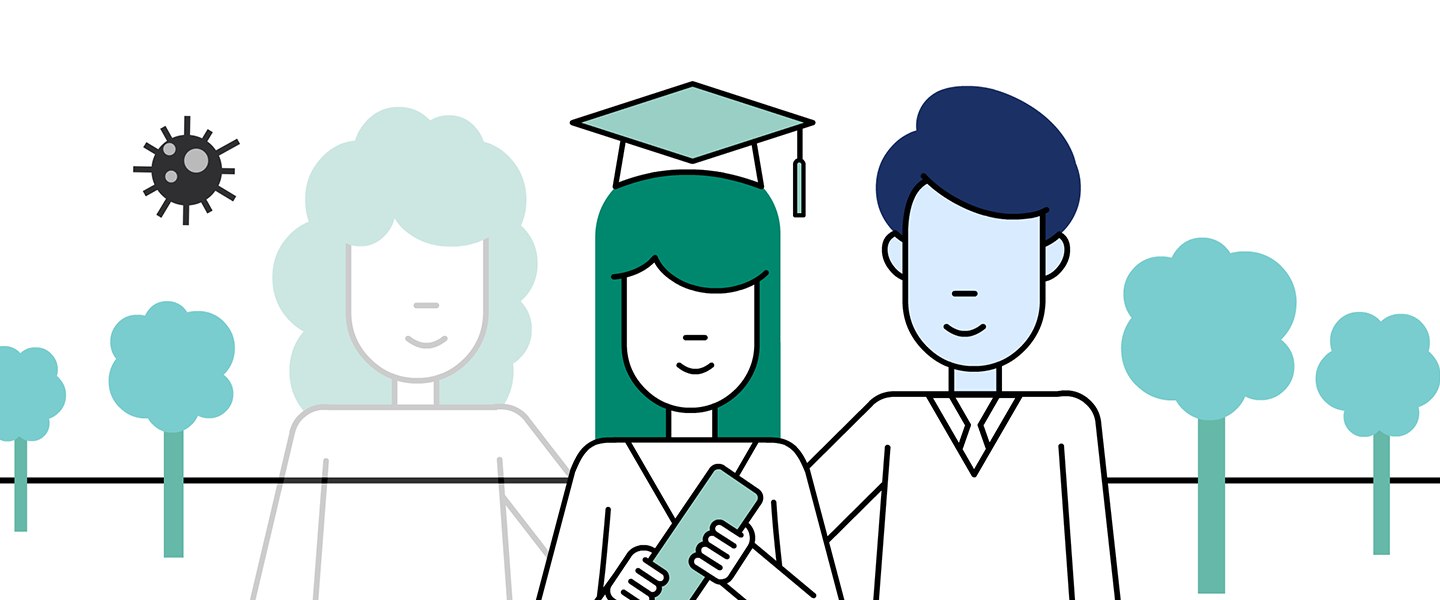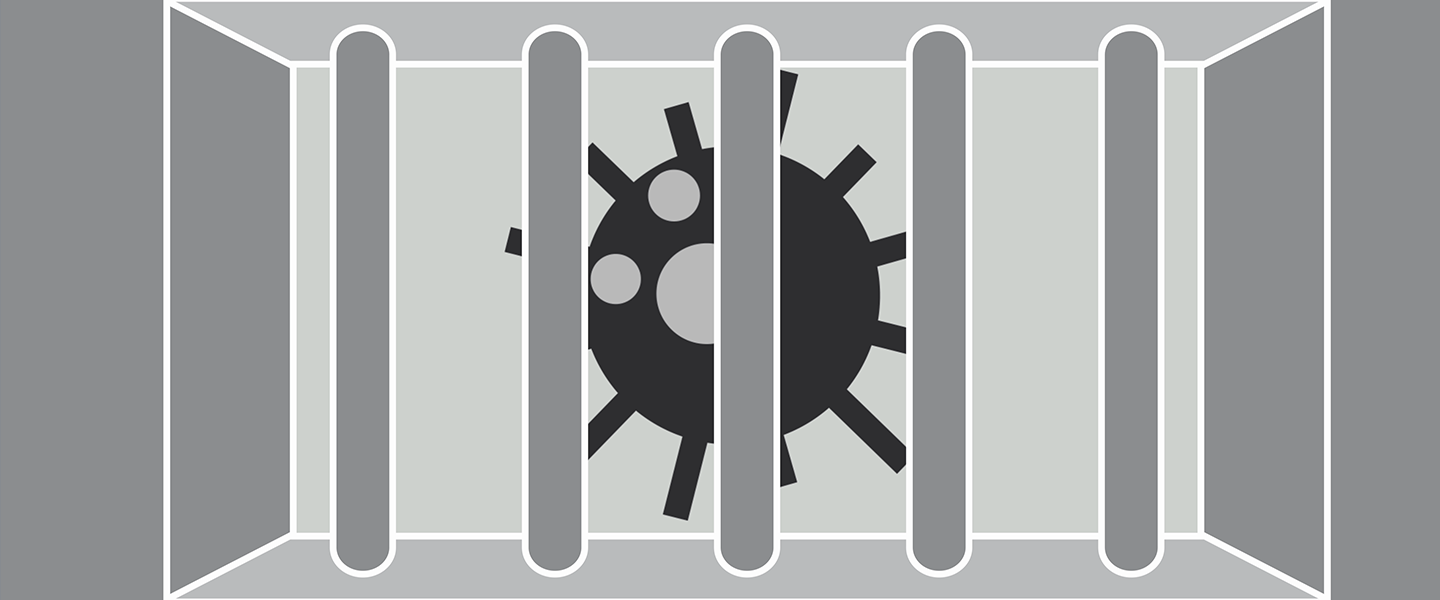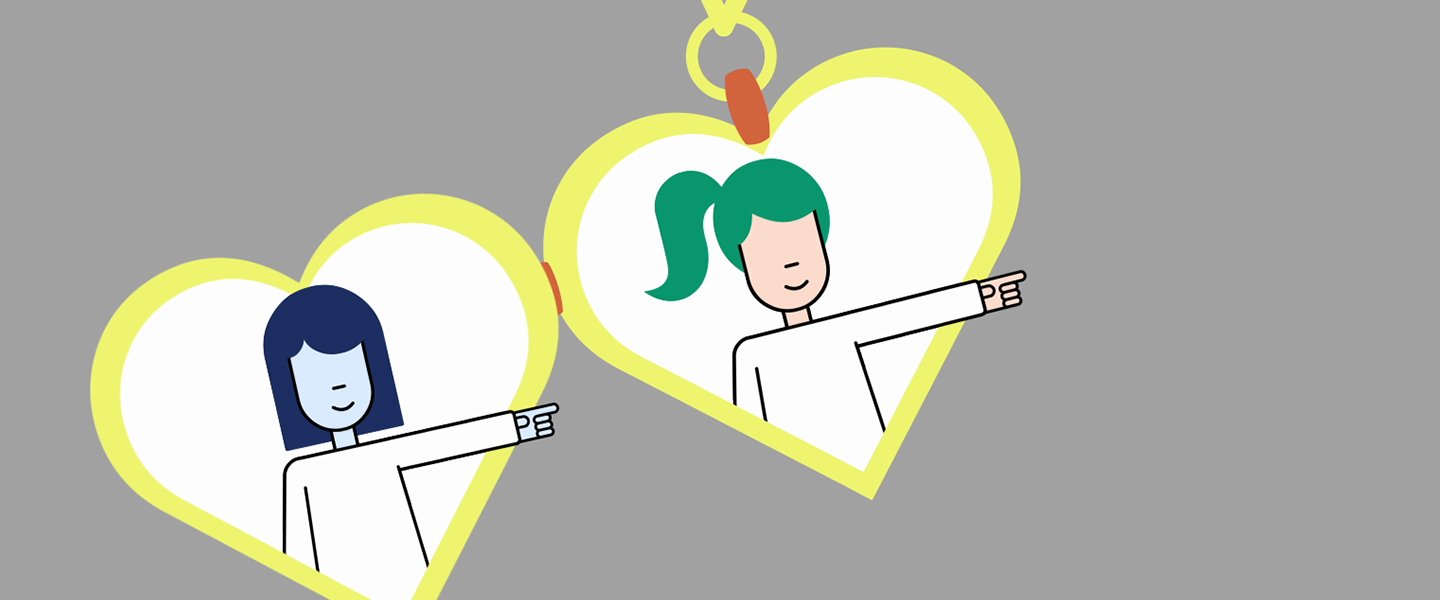The woman beating cancer, one cell at a time: Meet scientist Dr. Dorraya El-Ashry
Meet Discovery Maker Dorraya El-Ashry: a scientist on a mission to beat breast cancer. Dorraya is using her three decades of research experience to direct the fight against this deadly disease. Look out, breast cancer.

The woman beating cancer, one cell at a time
Meet scientist Dr. Dorraya El-Ashry
Viktor Frankl, the author of Man’s Search for Meaning, believed that the key to happiness was purpose. If you know why you’re here and what you’re supposed to be doing, you can overcome any challenge. Dorraya El-Ashry can count herself among those with a life-defining purpose. Hers is quite simple: to beat breast cancer, now the most common form of cancer in the world.
Dorraya is the chief scientific officer at the Breast Cancer Research Foundation in the US, the world’s largest private funder of breast cancer research. It’s her job to oversee the global research program, investigating breast cancer across the entire spectrum of research. She believes we’re on the cusp of a significant leap forward in breast cancer treatment and that metastatic breast cancer can, ultimately, be cured.
Inspired by her scientist father, Dorraya studied molecular biology at Vanderbilt University before getting her PhD in pathology at the University of Colorado Anschutz Medical Campus. As an experimental pathologist, she spent three decades leading a lab to study the mechanisms of metastasis in breast cancer and making discoveries that challenged accepted thinking.
We had the pleasure of chatting with Dorraya recently. She told us about her motivations for moving from the lab to the Breast Cancer Research Foundation; why perseverance is such an important quality for scientists; and her very personal reasons for following this path.
Your motivation to pursue science began as a child. Can you tell us what happened and how it set you on your path?
I grew up in a household of science. My dad's an environmental scientist and, with his two girls, science and math was important in our house. I loved science, and when I was in the fourth grade, our President declared war on cancer and I thought, "That's what I'm going to do."
As I went through schooling, I decided that I loved biology. Biology is the study of living things and ultimately it got me to the study of human diseases, pathology, which is what I then studied in graduate school. As I went through schooling, I knew that I wanted to find the cure for cancer, and it was in college that I knew I would do breast cancer research.
My friend and lab partner at Vanderbilt, her mom died of breast cancer shortly after the five-year mark. At that time, it was thought if you'd made it to five years you were going to be okay. It was crushing to her.
Another friend of mine, her mother lived with breast cancer for years but every year or two, it seemed, she had one metastasis and then another. This was in the era before what we call adjuvant therapy. This is a post-surgery treatment for your breast cancer, where you are pre-treating cancer cells that might have escaped from the primary tumor after you take out the primary tumor to keep the metastases at bay.
She clearly would have benefited from that. However, she lived for several years with metastatic breast cancer. The toll that took on my friend and what we went through during those four years of college. I spent many nights up with her just crying.

Can you give us an introduction to your work as a research scientist?
I was a lab scientist for a little over 30 years. The work I did was all in breast cancer research. We were focused initially on triple-negative breast cancer and trying to find mechanisms for how the estrogen receptor [ER] was actually down-regulated in the breast cancer cells.
The idea was that if you could change the biology of those breast cancer cells to become more like the better prognosis ER-positive breast cancer cells then they could also respond to anti-estrogen therapy again. And in fact, we did find that there were reversible mechanisms. That work went on to have an impact on the clinical management of breast cancer.
But that work led us into a whole new area, which was the tumor microenvironment. So much cancer research over the years has focused on the cancer cell. But what we now know is that normal cells that surround and interact with the cancer cell play extremely important roles in driving the behaviors of cancer cells.
We discovered that a particular cell type called cancer-associated fibroblast actually leaves the tumor with the cancer cells and helps them as part of the metastatic process. That work is ongoing and could lead to novel liquid biopsies and new targeted ways to prevent metastatic breast cancer.
The work you do now is very different from pure lab research. How would you describe your current role?
As the Chief Scientific Officer of the Breast Cancer Research Foundation, I lead the vision and strategy of the research program. I work with the Scientific Advisory Board to make sure that BCRF's investments are bringing the impact that we need in breast cancer research. But just as importantly, my team works in collaboration with all of our teams at BCRF to get the message, the impact, and the urgency out.
What motivated you to make the change?
I wasn't looking to make this change. In fact, the first time I was approached about it, I said no. We'd just moved and set up the lab and I'd just gotten two new grants. But at the same time, I knew all about BCRF. And so, when it came around a second time, I was encouraged to take a look at it.
It was quite a career change but what better way to have a major impact on the trajectory of breast cancer research and funding? I think that I can actually move breast cancer research forward in an entirely new way, having an impact across every key area of research.

What is the scale of the breast cancer problem in the US today?
We know that there are 168,000 women living with metastatic breast cancer in the US and virtually all deaths are from metastatic breast cancer. So that's over 42,000 people dying in the US a year, 110 a day.
Our biggest challenge is to come up with novel treatments and strategies to not only extend the lives of metastatic breast cancer patients but actually cure metastatic breast cancer. Research has contributed to a 40 percent decline in breast cancer mortality over the last 30 years, but the rate of decline is slowing.
We are at a critical place in breast cancer research funding. While we've had this horrible pandemic, breast cancer is still there. And in fact, recent reports suggest an increase in potential breast cancer deaths as a result of the pandemic from delayed or cancelled screenings. We need to not lose our focus, not lose our momentum.
To make significant scientific breakthroughs, you need to be determined. Can you talk about the role perseverance plays in science?
I think that one of the biggest characteristics that one can have for being a successful scientist is perseverance. Perseverance and patience. Science does not move in straight lines. Breakthroughs are built on smaller "aha" moments.
You need to follow where the data leads you. One of my favorite quotations is "There are no failed experiments, only unimaginative interpretations of unexpected data.” If you don't get the results that you were expecting, that doesn't mean that there was anything wrong with your experiment. It means you need to follow the data.

You have mentioned the discipline of adhering to data before. Can you help us to understand this and why it’s so important to you?
When you follow the data you might, as in the case of my early career, come up with findings that actually challenge the prevailing paradigm. That can be challenging in itself because it makes it harder to get papers published, get your first grants and have your ideas accepted. I know it's hard, but it's important to stick with it -- I tell graduate students this all the time.
I think, in order to follow your data where it leads, you also need to use the trait that all scientists have within them which is creativity. When you're faced with an unexpected result you ask, “what is this really telling me? Where can I take this next?”
That leads to another important way of thinking about science which is to develop your experimental question so that it doesn't matter whether it's a yes or no answer but, either way, you get an answer that moves you forward.
What qualities do you think scientists share?
I think scientists are at their very basic level also humanitarians. They look at the world from a creative and scientific point of view because they want to answer the questions of “why”. For me, underlying all the intellectual curiosity and drive to ask “why”, is this deep commitment to saving lives.
What sort of scientific breakthrough would unlock the next level of breast cancer treatment?
Identification of pathways and targets for metastasis. And we are making progress. In the last five years, there have been nine new drugs approved for metastatic breast cancer. That is an amazing accomplishment. The drugs fall into two or three different categories. A few of them target proteins that act on the cell cycle, the machinery that drives cell growth and proliferation. These drugs are called the CDK4 and CDK6 inhibitors.
Another group of drugs is for HER2 positive breast cancer patients. These drugs are now demonstrating not only an ability to treat liver and lung metastasis but to actually prevent those metastases from happening.
More news last year was of a new HER2 directed therapy that is able to cross the blood-brain barrier. It is the first drug that has now shown a clear benefit for brain metastasis.

Where do you hope we’ll be in 20 years’ time?
Fifteen years ago, when I was asked this question, I said we would be at a place where we could make breast cancer a manageable, treatable disease and we’re almost there.
We’re working hard to make that journey, that fight, more tolerable. And that comes down to two things. Firstly, dealing with the side effects patients are getting from their breast cancer, the toxicities, the neuropathies, all the things they have to suffer through. Then when they finish that treatment, the worry that they might be among the one in three women who will have a recurrence of their breast cancer. And added to that, recent reports suggest an increase in Stage 4 breast cancer among younger women.
Just last year two young women who are close to BCRF in different ways died of metastatic breast cancer. That was a gut punch. And so, in 20 years, I hope to see that we've cured metastatic breast cancer and no woman dies of her breast cancer anymore and that we are well on the road to preventing breast cancer from happening in the first place.
Dorraya is now in a place where her knowledge can have even more impact; by directing funding towards the most promising breast cancer research. Perseverance has taken Dorraya a long way on her journey of discovery and we have no doubt there are more important milestones to come. Although the work at the cutting edge of medical science is complex, it translates into something very simple and profound: longer and healthier lives.